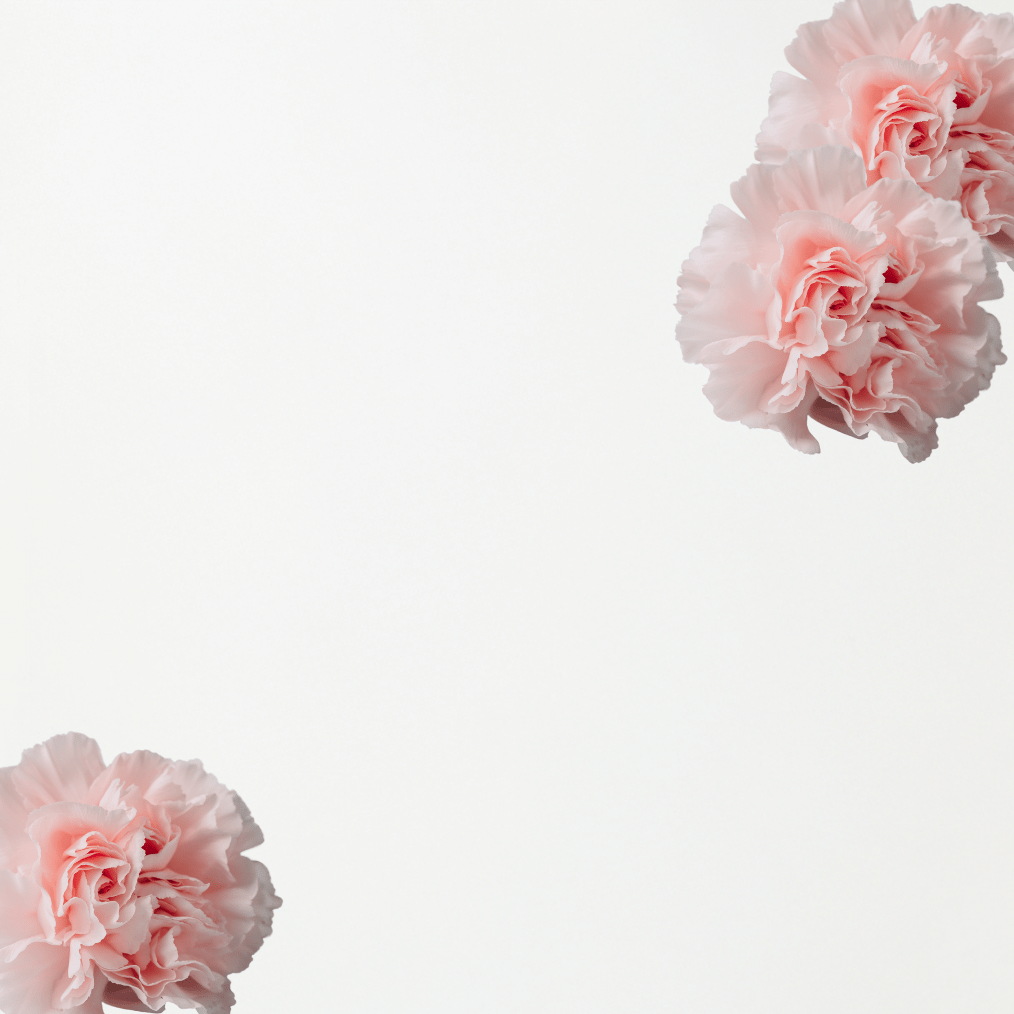

Spend $55.00 to Get Free USA Shipping



Menopause is a significant transition in a woman's life, typically occurring between ages 45 and 55, marking a natural decline in estrogen levels. This hormonal shift doesn’t just affect mood and energy, it transforms your skin as well. Common issues include dryness, thinning, reduced elasticity, and increased sensitivity. For some, rosacea and rashes can become frequent, unwelcome symptoms as well. But these changes aren’t forever, and with the right care and knowledge, relief is closer than you think. Understanding these changes is the first step toward effective management empowering you to take your skin back…and we’re here to help!

Hormonal Changes
One of the biggest shifts during menopause is the drop in estrogen. This affects how much oil your skin produces, how well your skin barrier holds moisture, and how much collagen your body makes. The result is often dry, flaky, and more fragile skin that feels completely different from what you're used to.
Disrupted Skin Hydration
When your skin loses its ability to retain moisture, you may start experiencing prickly or itchy sensations, especially at night. This dryness can interfere with your sleep and leave you feeling uncomfortable.
Changes in Skin pH
Menopause can alter your skin's pH, making it more reactive. You might suddenly notice irritation from products you've used for years. Redness, rashes, and sensitivity can become more frequent, even from minor exposures.
Loss of Collagen
Your body naturally loses collagen during menopause, up to 30 percent of it in the first few years. This leads to thinner skin that may look looser which can show more fine lines and wrinkles, especially around the eyes, mouth, and neck.
Hormonal Fluctuations
Even if acne hasn’t been on your radar in decades, it can sometimes make a comeback. Shifts in hormones can trigger clogged pores, breakouts, and flare-ups of conditions like rosacea that seem to appear out of nowhere.
Every woman experiences menopause differently, and when it comes to skin changes, there’s no one-size-fits-all fix. If something doesn’t feel right or your symptoms are affecting your quality of life, it’s always best to talk to your doctor or dermatologist. That said, here are some common ways people manage menopause-related skin concerns, from medical support to everyday care.

1. Prescription Treatments
Sometimes skin changes need more than just a new moisturizer. A dermatologist can help you navigate options that go beyond the surface:
2. Over-the-Counter Support
Daily care matters. Choosing the right products can help restore moisture, calm irritation, and protect your skin:
3. Natural Relief You Can Feel Instantly
Many people find relief from menopause-related skin changes through natural ingredients that support the skin's barrier, hydration, and overall resilience. These options can offer gentle, effective support without added irritation:
When your skin starts acting out during menopause…feeling dry, itchy, or just not like itself, it’s a sign that it needs a little extra care and consistency. A daily routine doesn’t have to be complicated to be effective. With the right steps and ingredients, you can help your skin feel calm, hydrated, and more balanced.
Here’s a simple, soothing skincare routine to support your skin through the changes:

MORNING
DAYTIME
Apply Hydration Repair Honey Salve as needed throughout the day to soothe dryness or tightness.
EVENING
BONUS TIPS
Every woman’s skin story is different, especially during menopause. This routine is a supportive starting point, but always speak with your dermatologist if something doesn’t feel right or if symptoms persist. A little consistency and self-kindness go a long way. Your skin will thank you.
Fact: While dryness is common, menopausal skin can also become more sensitive, dull, prone to breakouts, or experience increased redness. Hormonal changes impact collagen, oil production, and skin thickness—so it’s more complex than just needing extra moisturizer.
Fact: Menopause significantly changes your skin’s needs. What worked in your 30s and 40s may not be effective now. Your skin may need richer hydration, barrier-repair ingredients, and gentler formulas that support hormonal shifts.
Fact: Even people with oily or combination skin can experience dryness, tightness, and increased sensitivity during menopause. Oil production often decreases, and skin can become more unbalanced overall.
Fact: While HRT may help some skin symptoms, it’s not a cure-all. A consistent skincare routine that addresses hydration, barrier support, and inflammation is still essential for maintaining healthy skin.
Fact: With the right care, menopausal skin can absolutely thrive. Hydrating cleansers, nourishing creams, and soothing treatments can restore balance, comfort, and glow. Aging is natural, but healthy, radiant skin is still very achievable.

Let’s be honest, this stage of life brings its fair share of surprises—and your skin is no exception. One day it’s glowing, the next it feels dry, dull, or suddenly sensitive in ways it never used to. These shifts can feel frustrating, even confusing. But here's the truth: your skin is evolving, not failing.
Menopausal skin is simply responding to a powerful internal transition. Hormonal changes affect hydration, collagen, elasticity, and texture. It’s not about "fixing" your skin. It’s about supporting it with care, patience, and understanding.
Celebrate Your Skin’s Journey: Every line, every change, tells a story of strength, growth, and experience. This isn’t about chasing youth. It’s about embracing the beauty of now and treating your skin like the wise, resilient partner it is.
Create a Ritual of Care: Your skincare routine can become a daily act of self-love. Take a few moments each day to slow down, breathe, and reconnect with yourself. Gentle cleansing, rich moisture, and nourishing oils can restore balance and calm.
Stay Curious, Not Critical: Your skin may need different things than it used to, and that’s okay. What worked in your thirties might not be the magic trick anymore. Explore new products and textures that align with your skin’s current needs. Think of this time as an opportunity to upgrade your care.
Show Yourself Compassion: On days when your skin feels unfamiliar or uncomfortable, be kind to yourself. You’re not alone in this shift, and you’re doing your best to adapt. That’s something to be proud of.
Find Your Support System: Talk to friends, seek out community, or simply know that we’re also here to support you. Sharing stories and strategies with others who understand can be incredibly insightful and help you along this chapter in life.
Remember, menopause is not the end of beauty. It's the beginning of a new kind, one rooted in confidence, clarity, and care. You’re not just aging. You’re evolving. And your skin, with the right love and attention, can glow through it all.
Yes. Hormonal shifts can lead to dryness, sensitivity, itching, thinning skin, and more.
Nighttime itching is often due to low estrogen and dehydrated skin. Our Honey Salve can help break the itch-scratch cycle.
Yes. Menopause-related hormonal changes can trigger breakouts and rosacea.
Look for anti-inflammatory, hydrating ingredients like Manuka honey, aloe vera, tea tree oil, and coconut oil.
Absolutely. Skin needs change with menopause so hydration, barrier repair, and gentle actives become essential.
Not at all. While HRT helps some, many find natural topicals and consistent routines just as effective.
4 essential products that work together to hydrate deeply, calm irritation, and give you that healthy glow - without the guesswork.
Clinically proven to increase skin hydration by 30%
✓ Stops dryness and flare-ups at the source
✓ Strengthens your skin's natural protective barrier
✓ Gentle, non-irritating formula for all skin types